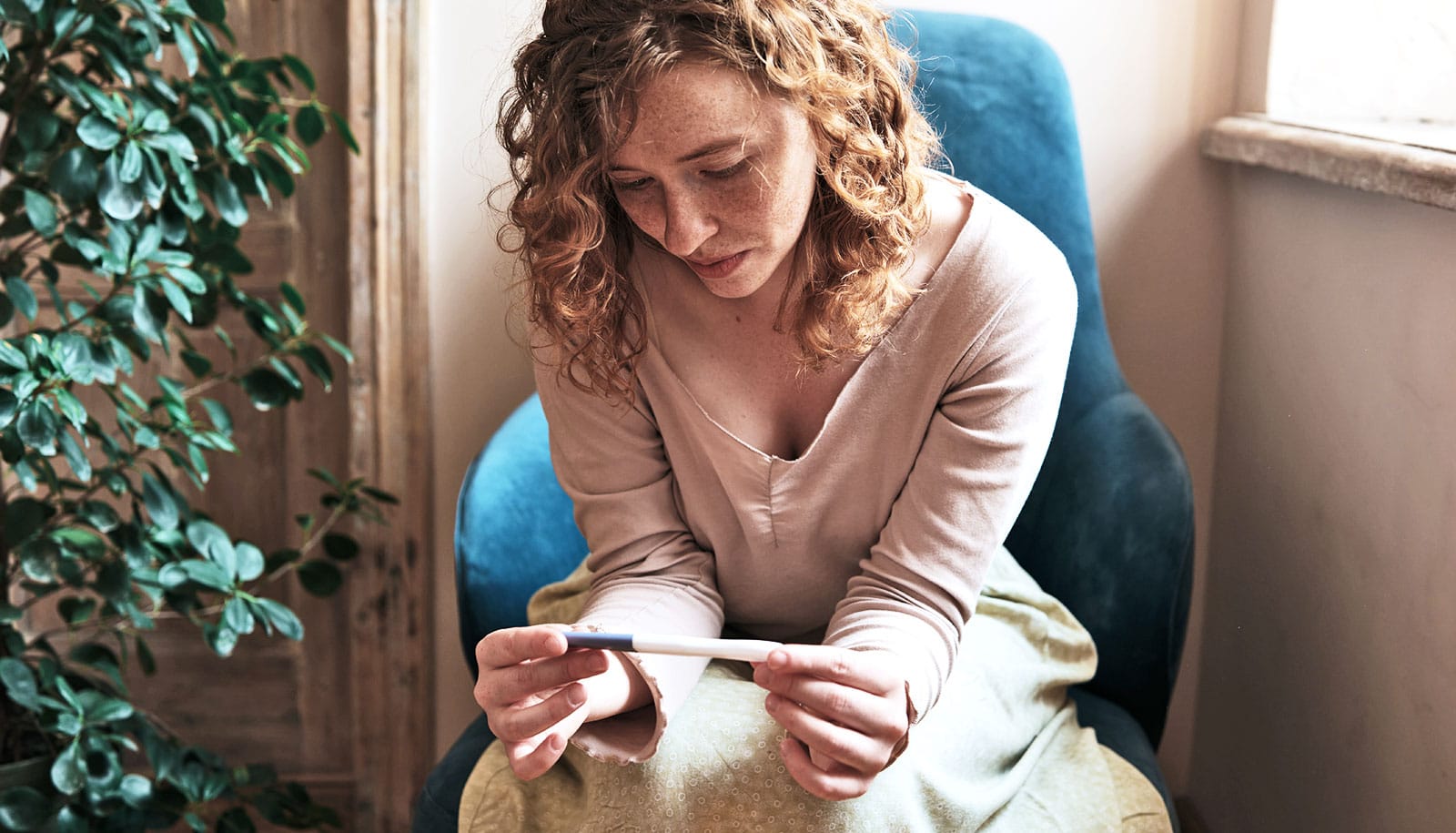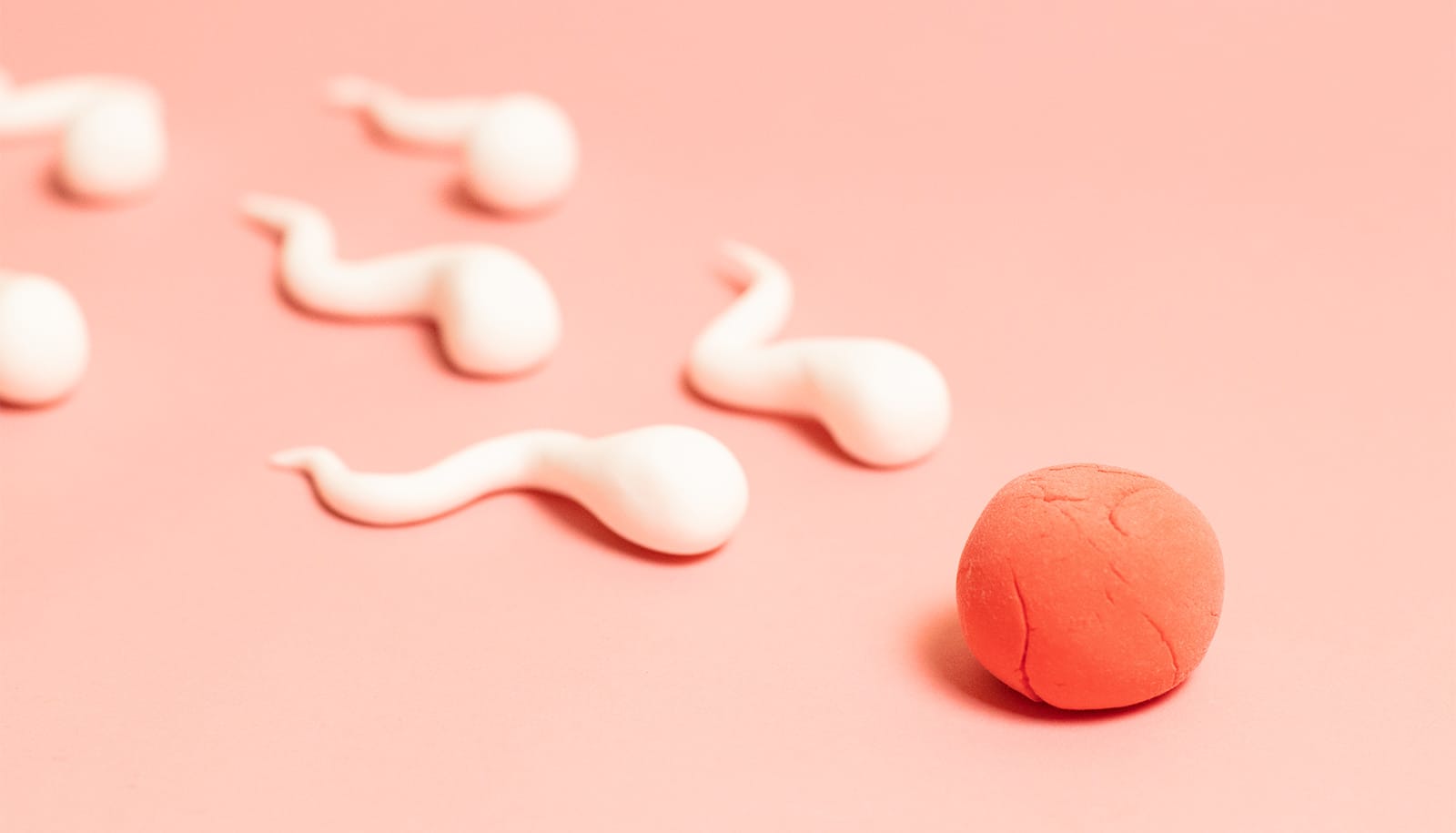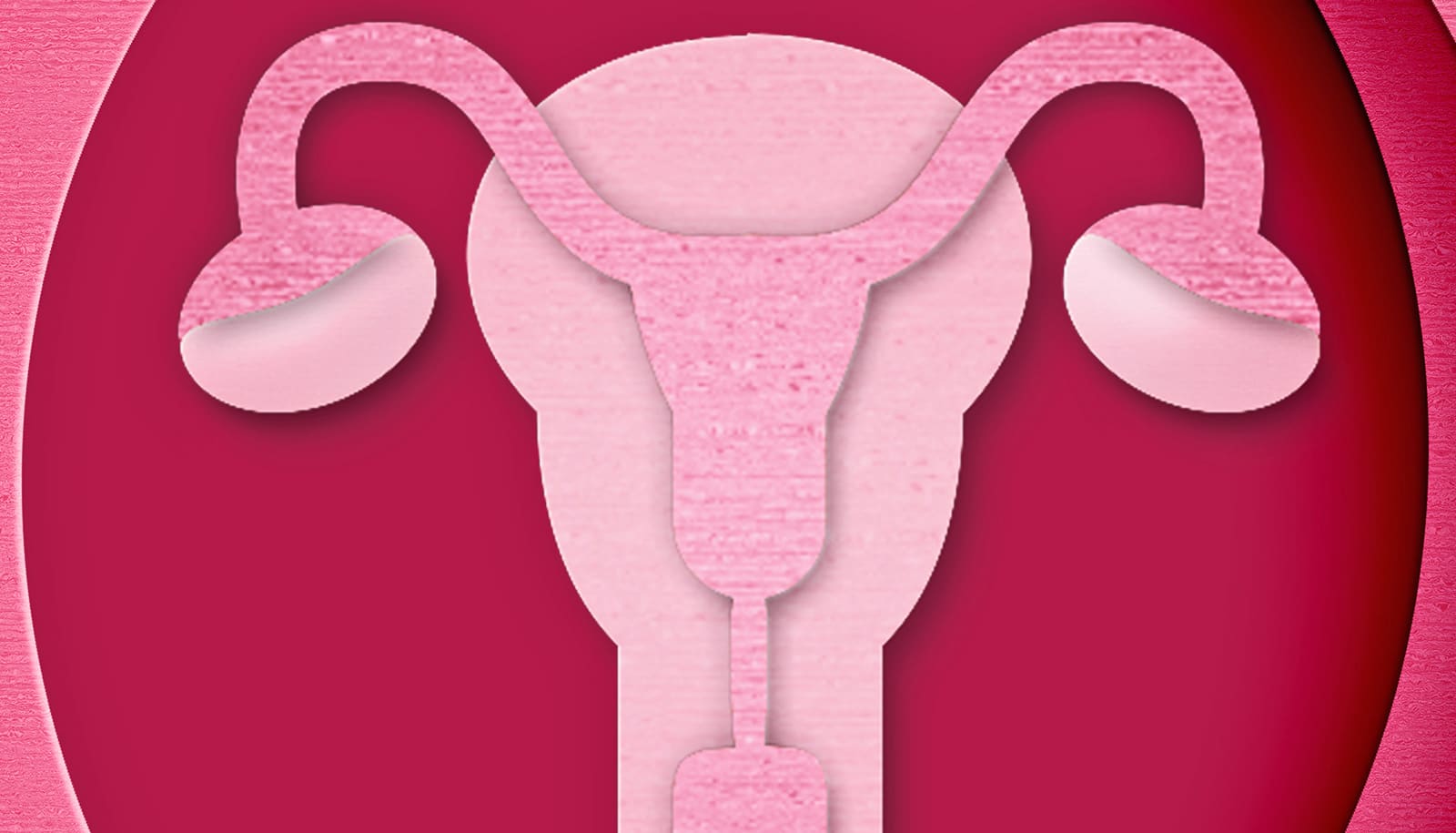Acupuncture, alone or used with the medication clomiphene, does not appear to be an effective way to treat infertility in women with polycystic ovary syndrome.
The finding casts doubts on previous smaller trials that have suggested the procedure may improve reproductive function in women affected by infertility.
“Our hypothesis was that women who received acupuncture with clomiphene would do much better than women who received only active acupuncture or only clomiphene, but we found that acupuncture added very little,” says Richard S. Legro, professor of obstetrics and gynecology at Penn State College of Medicine.
“We thought we would see the two interventions interacting for the benefit of the patient, but we didn’t see that, which was surprising.”
PCOS, which affects an estimated 5 to 10 percent of women of reproductive age, is the most common cause of female infertility. While clomiphene is a first-line treatment used to induce ovulation in women with PCOS, it has downsides—namely that in a significant number of women it does not lead to improved ovulation or live births, and if it does induce ovulation, it frequently results in pregnancies with multiples who face much higher negative outcomes including death.
Because women are increasingly considering acupuncture in order to induce ovulation, researchers decided to study whether or not the traditional Chinese medicine therapy could serve as a supplemental treatment along with clomiphene to improve pregnancy outcomes.
They conducted a randomized, multicenter, clinical trial that included 1,000 Chinese women with PCOS at 21 sites in China. The women were divided into four groups in which they received one of four interventions: clomiphene plus active acupuncture; clomiphene plus control acupuncture; placebo medication plus active acupuncture; or placebo medication plus control acupuncture.
For women with PCOS, frozen embryos beat fresh
The women were given active or control acupuncture twice a week in addition to clomiphene or placebo medication for five days per ovulation cycle for up to six months. Neither the patient nor their physician knew the type of medication and acupuncture received.
After following all of the 926 women who completed the trial for 10 months beyond the trial period for pregnancy outcomes, the results showed that active acupuncture—with or without clomiphene—comared to control acupuncture and placebo medication, did not increase live births.
9,000 DNA samples hint at biology of PCOS
“There is an impression out there that acupuncture, in addition to conventional treatment, improves success rates, Legro says. “But this study showed that acupuncture added nothing beyond medication.”
The study, published in the Journal of the American Medical Association, is not only applicable to Chinese women with PCOS; the results are also relevant to women around the world, Legro says.
“The take-home message is that when acupuncture is used to treat infertility, it does not improve the chances of having a baby.”
A limitation of the study is that the method used did not fully mimic traditional Chinese medicine which could include herbal mixtures, so that additional factors weren’t added to the study data.
Partial funding came from the Chinese Thousand Talents Plan scholarship, the Heilongjiang Province Longjiang Scholar Program, and the National Clinical Trial Base in Chinese Medicine in Gynecology.
Source: Rachel Rabkin Peachman for Penn State



